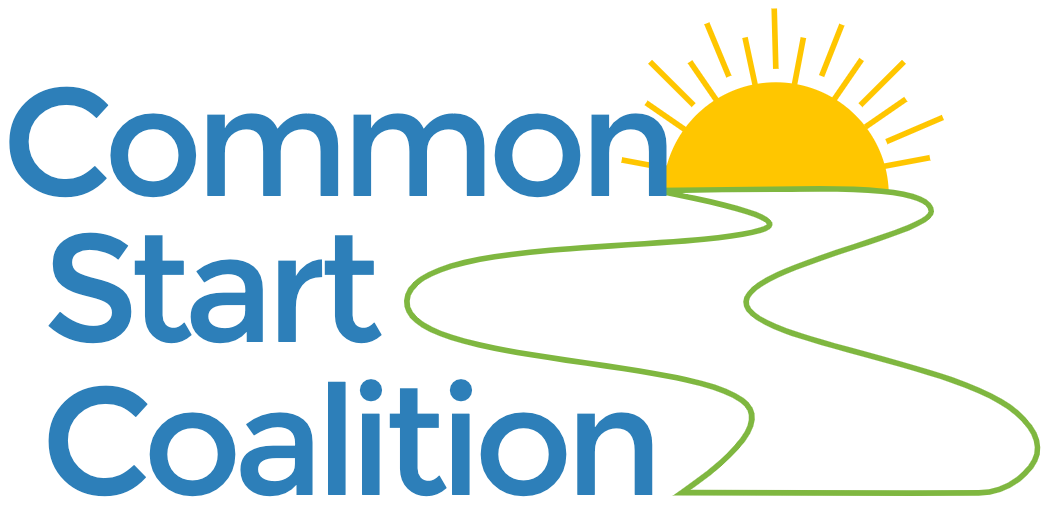The business case for public investment in early-childhood programs - Washington Post
By Leslie Fenwick, Roger W. Crandall and JD Chesloff
Today, American families face two intertwined crises. The first is what Harvard economist Claudia Goldin calls “America’s first female recession,” with women leaving the workforce in record numbers as the nation continues to battle covid-19. The second is a lack of access to affordable, high-quality child care, which both makes it harder for parents to work, as well as creates an achievement gap that becomes apparent as early as kindergarten.
Decades of research affirm that early-childhood education programs can boost cognitive development, improve academic achievement, and spur long-term educational attainment, thus reducing the academic achievement and attainment gaps. The National Bureau of Economic Research, the Education Commission of the States, and public health studies cited by the Centers for Disease Control and Prevention report the positive and long-term effects of early child care and prekindergarten on high school graduation rates, college attendance, and adulthood self-control and self-esteem.
In the face of historic setbacks to female participation in the workforce, the issues of access to affordable, high-quality child care have never been more urgent — not only for working mothers and their families, but for our economy at large.
Universal child care and prekindergarten would alleviate these pressures while contributing to the nation’s economic resilience and the likelihood of academic success for its students. All stakeholders — including the business community — have a role to play to make these programs reality.
